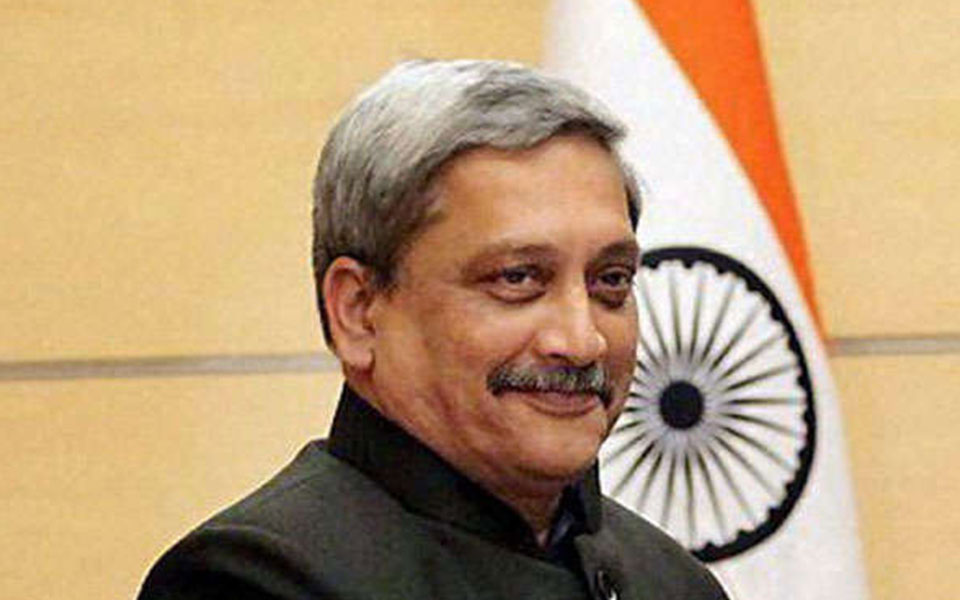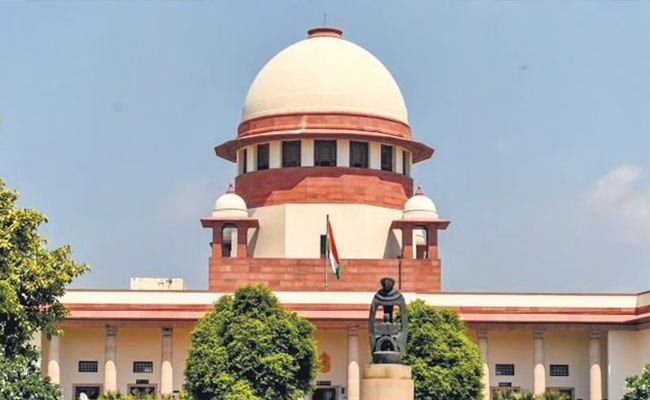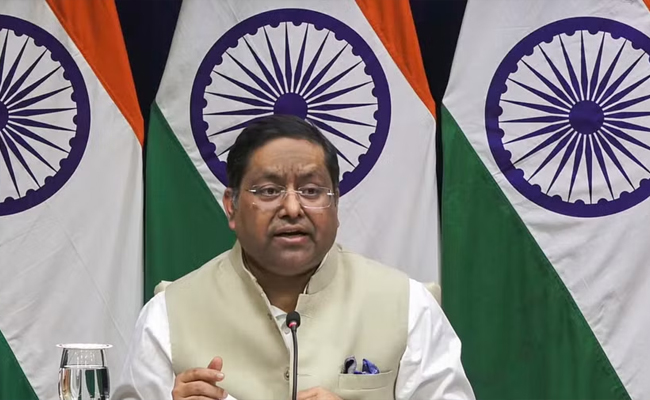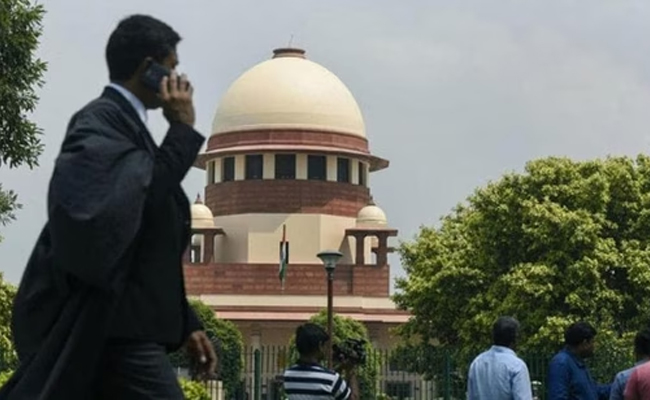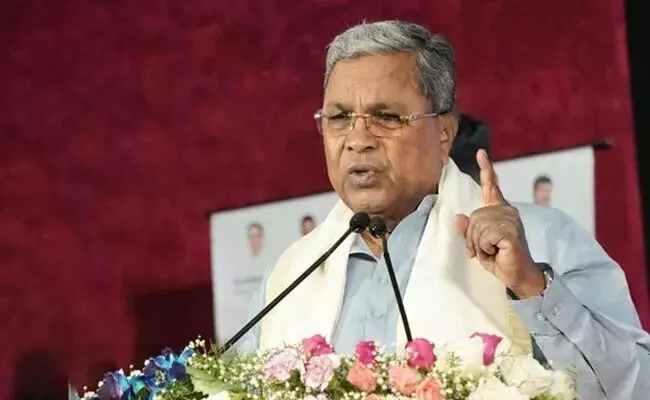Panaji, July 4: Over a cup of tea and a batatawada (potato chop) served on a paper plate, Chief Minister Manohar Parrikar on Wednesday evening engaged with Goa's editors over his illness, his willpower to overcome it and, perhaps for the first time, expressed anguish at the lack of quality young leadership in the state.
The meeting was held in the conference room of the state Secretariat at short notice. It was Parrikar's first formal engagement with editors of local print and television media platforms, after he returned from the US after advanced treatment for pancreatic cancer.
The meeting, said the editors who attended it, was largely an informal affair, considering the nature of conversation which transpired between them and Parrikar.
Several editors who attended the meeting said on the condition of anonymity that while the exact nature of affliction suffered by the Chief Minister was not formally pronounced, what came through was Parrikar's sense of grit to overcome the disease, as well as a broad hint dropped by the Chief Minister about a genuine leadership crisis in Goa presently and in the coming years.
"The Chief Minister perhaps for the first time has voiced the need for good leadership. He said the state needed a leader who will take care of people, who is cultured and has character. The timing of such a statement, after he has returned from the US and is fighting a grave disease makes one think," an editor of a vernacular newspaper said.
Parrikar has been one of the tallest leaders in the state. In fact, he is the first politician from India's smallest state to be appointed as a full-fledged Union Minister, when he served for more than two years as the Defence Minister in Prime Minister Narendra Modi's Cabinet from 2014-2017.
Once a political rockstar, who drew admiration from across the political spectrum, Parrikar in recent years has seen his popularity wane considerably over his consistent failure to deliver on poll promises as well as his condonation of tainted politicians and officials.
His absence from Goa, during his treatment stint in the US, however threw up the state in administrative chaos, after which a three-member Ministers committee was appointed by him.
Another key takeaway from the meeting, an editor said, was Parrikar's obvious determination to fight his illness.
"He was telling us that he did not take any stress when he was ill. Although he did tell us that he is still not fully fit and he will have to return to the US after the coming Assembly session. Parrikar said he would be in the US for around five-six days. He also said he had the willpower against his illness," an editor of a local English daily said.
Yet another editor said that during the meeting, a question was posed to Parrikar about the moment doctors told him about his disease. "Parrikar was quiet for a second after the question. And then he said 'I was not scared'," the editor said.
Let the Truth be known. If you read VB and like VB, please be a VB Supporter and Help us deliver the Truth to one and all.
New Delhi (PTI): Broken relationships, while emotionally distressing, do not automatically amount to abetment of suicide in the absence of intention leading to the criminal offence, the Supreme Court on Friday said.
The observations came from a bench of Justices Pankaj Mithal and Ujjal Bhuyan in a judgement, which overturned the conviction of one Kamaruddin Dastagir Sanadi by the Karnataka High Court for the offences of cheating and abetment of suicide under the IPC.
"This is a case of a broken relationship, not criminal conduct," the judgment said.
Sanadi was initially charged under Sections 417 (cheating), 306 (abetment of suicide), and 376 (rape) of the IPC.
While the trial court acquitted him of all the charges, the Karnataka High Court, on the state's appeal, convicted him of cheating and abetment of suicide, sentencing him to five years imprisonment and imposing Rs 25,000 in fine.
According to the FIR registered at the mother's instance, her 21-year-old daughter was in love with the accused for the past eight years and died by suicide in August, 2007, after he refused to keep his promise to marry.
Writing a 17-page judgement, Justice Mithal analysed the two dying declarations of the woman and noted that neither was there any allegation of a physical relationship between the couple nor there was any intentional act leading to the suicide.
The judgement therefore underlined broken relationships were emotionally distressing, but did not automatically amount to criminal offences.
"Even in cases where the victim dies by suicide, which may be as a result of cruelty meted out to her, the courts have always held that discord and differences in domestic life are quite common in society and that the commission of such an offence largely depends upon the mental state of the victim," said the apex court.
The court further said, "Surely, until and unless some guilty intention on the part of the accused is established, it is ordinarily not possible to convict him for an offence under Section 306 IPC.”
The judgement said there was no evidence to suggest that the man instigated or provoked the woman to die by suicide and underscored a mere refusal to marry, even after a long relationship, did not constitute abetment.

